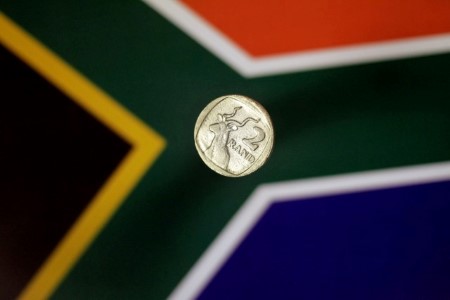




Quarterly Economic Growth Release: More BSP cuts to come
 DOWNLOAD
DOWNLOAD

Monthly Economic Update: Fed catches up
 DOWNLOAD
DOWNLOAD

Inflation Update: Steady and mellow
 DOWNLOAD
DOWNLOAD


Shares steady amid geopolitical tensions

Aug 3 (Reuters) – Declines in mainland China stocks amid rising Sino-US tensions over Taiwan offset gains in most other emerging market bourses on Wednesday, while Turkey’s currency was flat after inflation rose less than expected, albeit at a 24-year high.
Geopolitical frictions grew after US House of Representatives Speaker Nancy Pelosi visited Taiwan, angering China which considers the island its own.
Mainland China shares, .SSEC, heavyweights on the broader emerging markets index, fell more than 0.7%. Taiwan shares inched up 0.2%.
The Taiwan dollar, which had hit April 2020 lows on Tuesday, was last down 0.1% against the greenback, while the Chinese yuan was flat.
“Concerns over geopolitical tensions shall continue to put pressure on Taiwanese assets broadly, but calmer heads on both sides are likely to prevent any unpleasant escalation,” Citigroup strategists said in a note.
While Indian and Malaysian shares fell, most other Asian indexes eked out gains. Elsewhere, Turkey’s BIST 100 stocks index jumped 1.0%, while South Africa’s main index rose for the first time this week. Hungarian stocks hit 10-week highs.
Risk sentiment has been severely dampened this year on the Russia-Ukraine war, surging inflation spurring aggressive monetary policy tightening by major central banks, and China’s COVID-19 curbs.
MSCI’s index of emerging markets shares has tanked 20% so far this year, while currencies have given up 4.5%, on track for their worst year since 2015.
On Wednesday, the Turkish lira was unchanged against a steady dollar after inflation rose to 79.6% in July from 78.62% in June, thanks to the currency’s continued weakness and global energy and commodity costs. The figure came in below expectations of 80.5%.
“The modest rise suggests that inflation (in Turkey) is nearing a peak,” said Jason Tuvey, senior emerging markets economist at Capital Economics.
“But it will remain close to these very high rates for several more months… There is no sign that Turkey’s central bank is about to hike interest rates and the risk of sharp and disorderly falls in the lira remains high.”
The lira is already down 26% so far this year.
South Africa’s rand rose 0.8% after having slumped 2% in Tuesday’s risk-off trade.
PMI data from the country showed private sector activity growth sped up for the third straight month in July on improving new orders, output and employment numbers.
(Reporting by Susan Mathew in Bengaluru; Editing by Andrew Cawthorne)
This article originally appeared on reuters.com





 By Reuters
By Reuters